Conservation
Written by Lindsay Krause
On the 3rd of March the world celebrated the first ever marine focused World Wildlife Day. The UN aptly named the theme for 2019 as ‘Life below water: for people and planet’, which aims to highlight the critical issues that our marine wildlife faces every day and celebrate successful initiatives in marine conservation. Leaving a positive legacy whilst traveling to Africa is one of our core values at Ker & Downey® Africa which is why our clients, Mary-Ann and James Forni inspired us with their amazing initiative to conserve marine species.
When we started working with Mary-Anne and James Forni it became clear that this adventurous couple always aim to travel with a purpose – a habit which we encourage all of our clients to pursue. After their recent trip with us to Botswana we were lucky enough to learn more about their passion project “Clean Reefs”. As the founders of Clean Reefs, an NGO dedicated to marine conservation, the Fornis work alongside their team to protect the marine world through clean up efforts, spreading awareness on marine conservation and help legislate rules and regulations to protect the ocean. This month, the Clean Reefs team are due to set sail from our home city, Cape Town, to the Southern Caribbean. The main aim of the expedition will be to assist in clean up efforts of the aftermath of Hurricane Irma. We caught up with the duo’s daughter, Cantlen Forni, to find out more about Clean Reefs and what they have in store for the future.
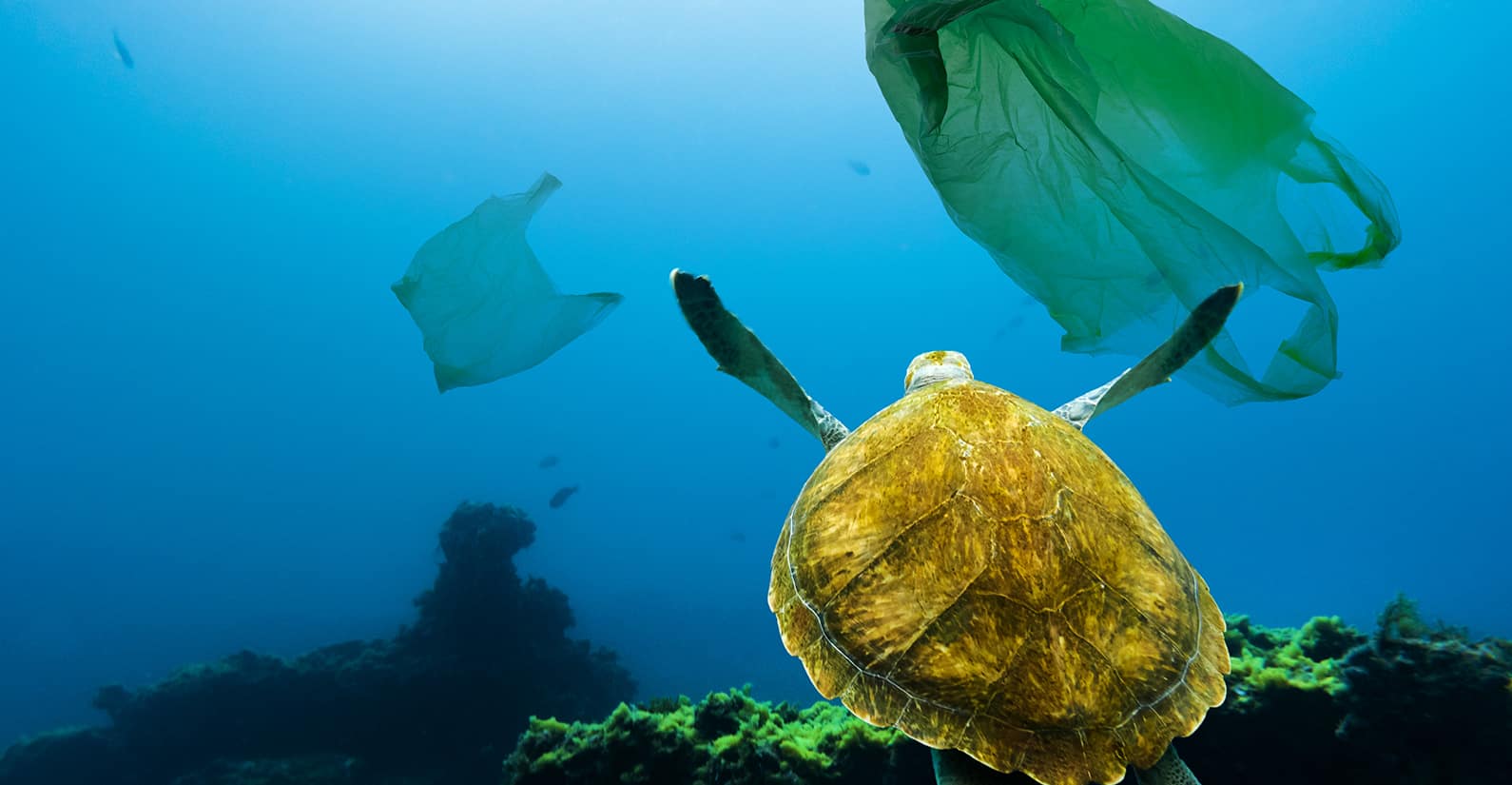
Cantlen : Clean Reefs was established in June 2018 with a total of 4 members; Jim Forni, Alex Straw, Alic Funk and myself, Cantlen Forni. My aspiration to help clean the oceans started from childhood sailing trips with my family along the coast of Northern California. We would see a lot of human debris, plastic waste, oil and tar pollution scattered on the shores and miles off the coastline. My dream to conserve the ocean and its species persisted when I attended the University of Hawaii in Manoa. After joining the sailing team, it became even more evident that human pollution was destroying our local reefs and polluting the water we sail in.
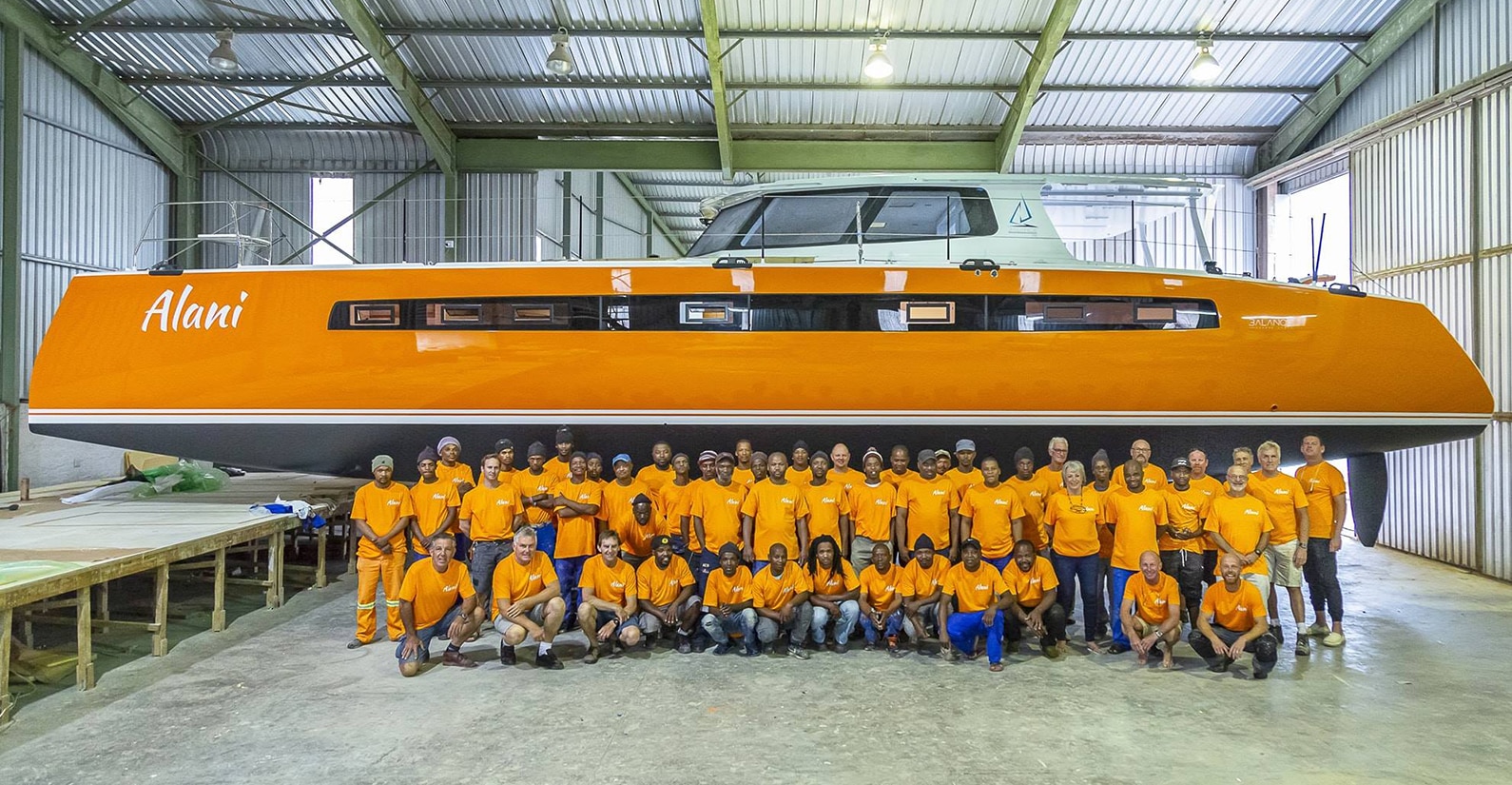
Cantlen : Being a new non-profit organization, we started within our communities, hosting local beach cleanups, and educating our online community to raise awareness on marine conservation. In March 2019, our team is planning our first expedition to the Southern Caribbean. We will sail our newly built vessel around the islands to document, protect and clean up human debris created by the destruction of Hurricane Irma. Our state-of-the-art vessel is a specialized catamaran built by Nexus Yachts in South Africa. The catamaran is able to hold scuba tanks and support our efforts to document the coral reefs, perform business and live comfortably while on our expeditions, not to mention the vessel can travel at significant cruising speeds.
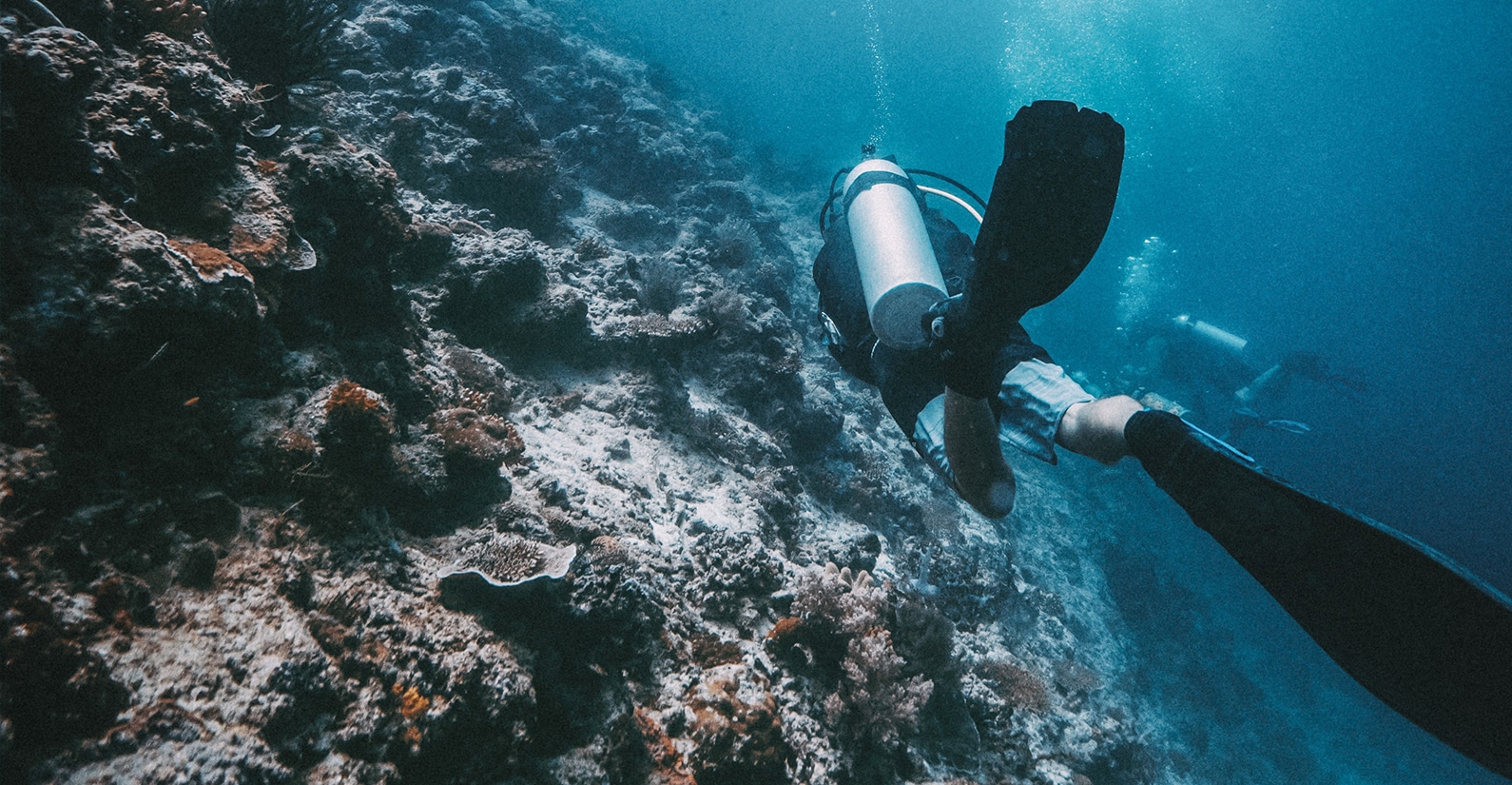
Cantlen : Education, awareness, and motivation are the three main challenges Clean Reefs faces. It can be challenging to get your name out there and gather the necessary support and donations from bigger organizations, sponsors and partners. We also face the challenge of getting people to care enough about the ocean to make significant changes to their lifestyles.
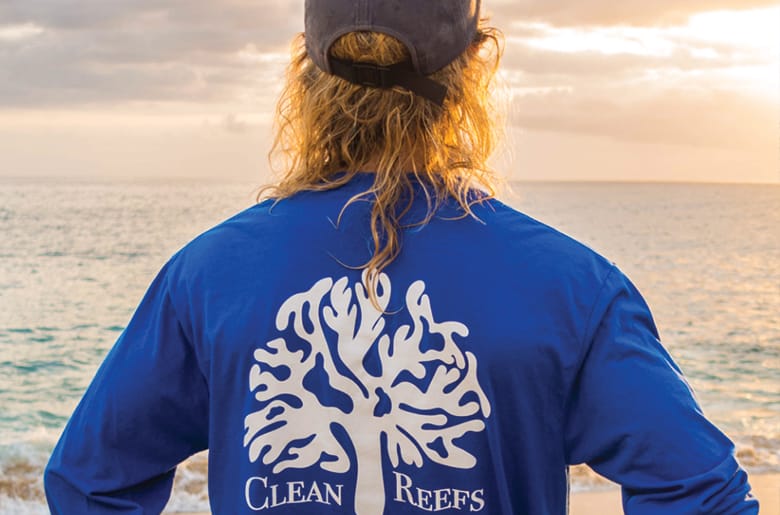
Cantlen : Clean Reefs aims to grow its online presence as well as its physical presence throughout coastlines in need of help. We want to protect coral reefs, educate people about the importance of preserving all aspects of the ocean, and help legislate rules and regulations for marine conservation and preservation.
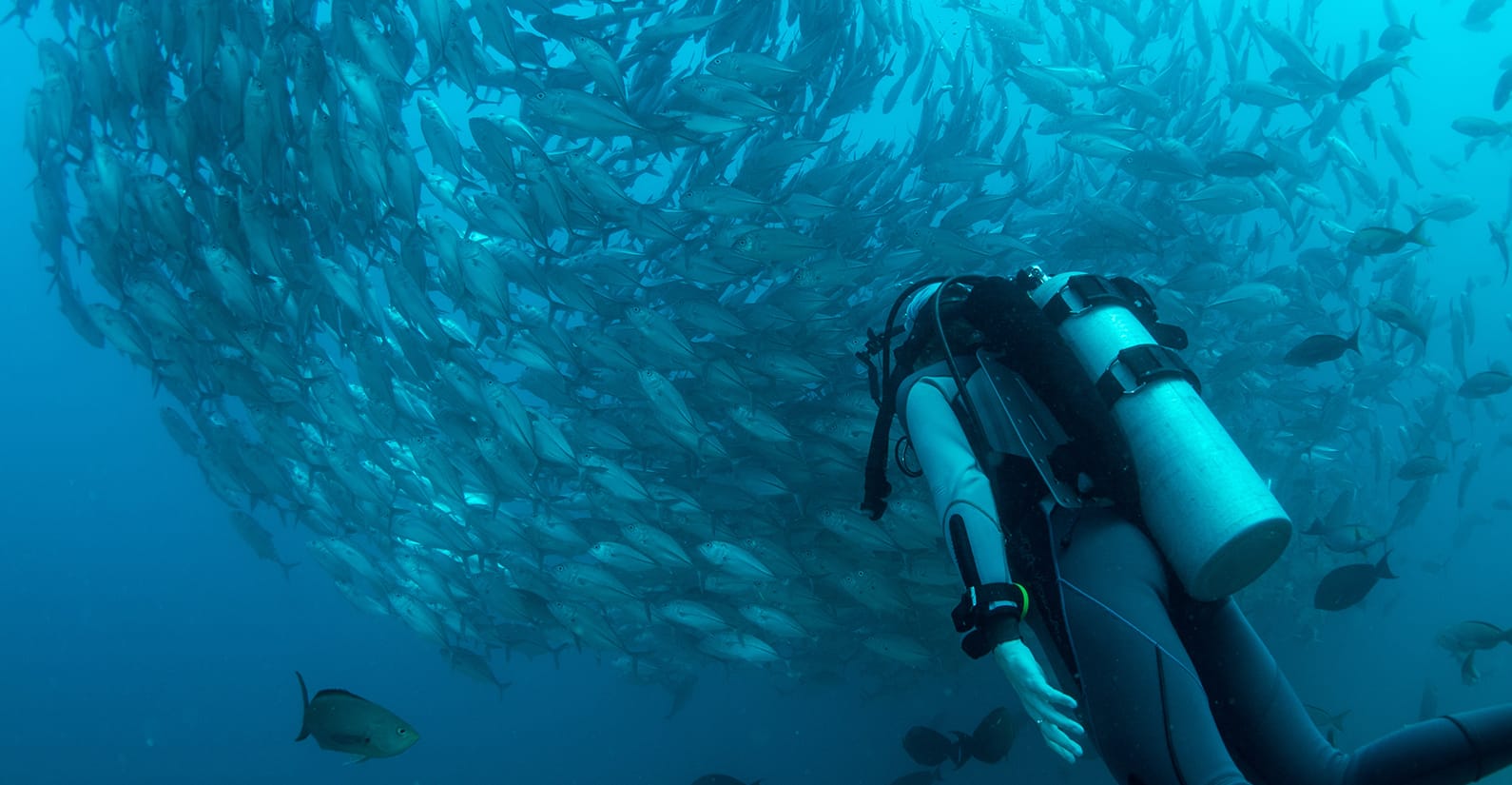
Cantlen : Stay away from ingredients like Oxybenzone, Avobenzone, and Octinoxate. These unnatural ingredients are found in almost all sunscreen products, that are found to be extremely harmful to the growth and development of coral reefs when mixed with rising sea temperatures. (These ingredients have also been found to be harmful when absorbed into our skin!)
Pick up trash wherever you are, whenever you can. I believe picking up trash and litter is our civil duty as humans to live on this beautiful planet. I even tell people to start very small with picking up one piece of trash a day. Each incorrectly disposed piece of human litter has an extremely high risk of ending up in our oceans and affecting marine conservation.
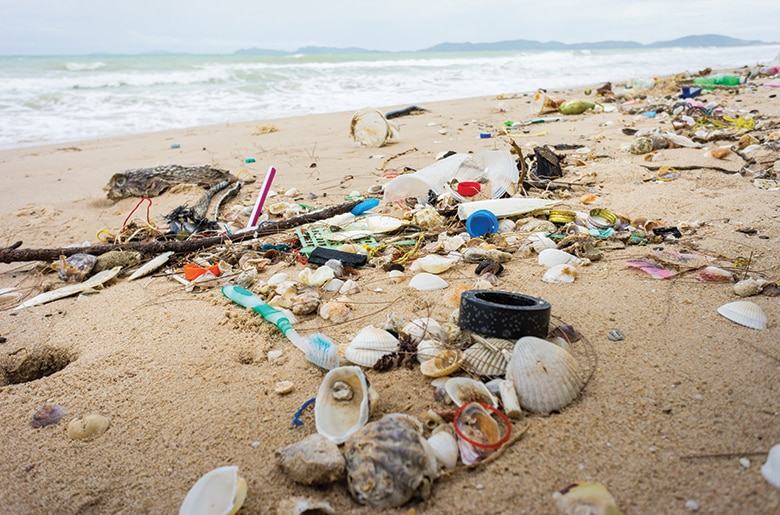
Stay away from single-use plastic items. Once you are aware of all the single use plastic items in our lives, it is a shocking reality that we are faced with. Single use plastic ranges from disposable plastic straws, cups, utensils, chip and candy bags and wrappers, etc. Pretty much any item that is used just for its intended purpose and not refurbished or re-used is known as single use, which is also very wasteful as well.
Head office:
7 Bree Street, 6th Floor, Touchstone House, Cape Town, South Africa
+27 (0)21 201 2484
[email protected]
United Kingdom: Sportsman Farm, St Michaels, Tenterden, Kent
Ker & Downey® Africa is compliant with COVID-19 Industry Protocols.


Head office: 7 Bree Street, 6th Floor, Touchstone House, Cape Town, South Africa
+27 (0)21 201 2484
[email protected]
United Kingdom: Sportsman Farm, St Michaels, Tenterden, Kent
Ker & Downey® Africa is compliant with COVID-19 Industry Protocols.